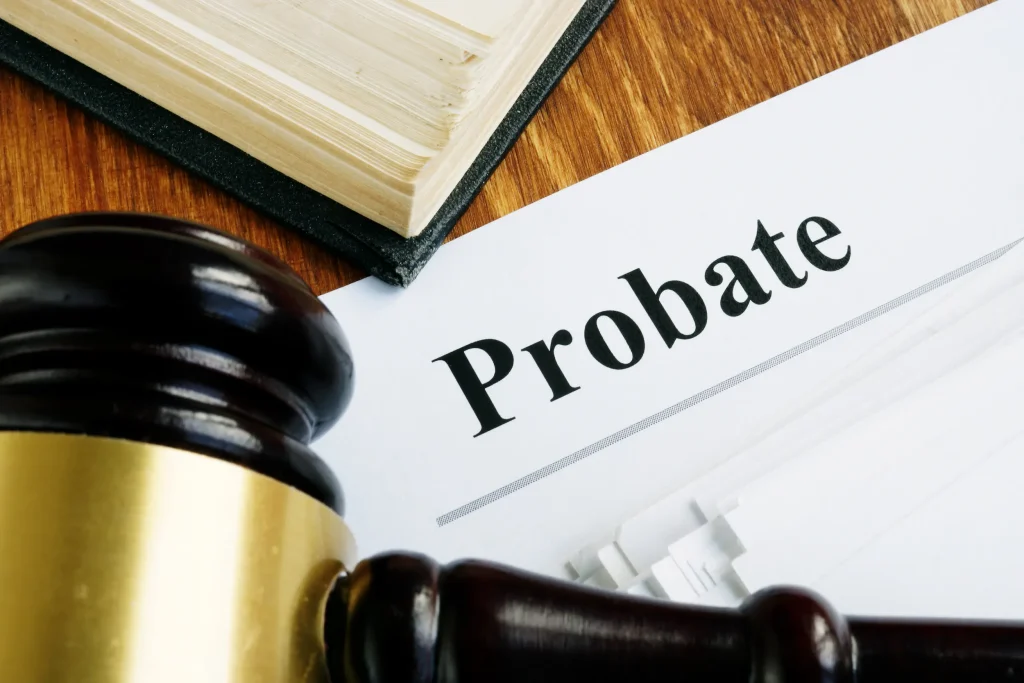Probate Administration in Harker Heights, TX

Probate administration is the legal process needed to prove the will of a deceased person is valid or to assign assets if no will is provided. After a loved one passes on, the probate process begins. If the loved one provided a will, the heirs established in the will can take over their legal titles once probate administration ends. If there is no will, state laws will determine who inherits.
During probate administration, it is best to have your family lawyer navigate the process and ensure your loved one’s final wishes are honored. Those who survive a loved one must pay off the loved one’s debts and ensure the assets are distributed according to the last will and testament. To make the probate administration process as fast and efficient as possible, trust a probate lawyer to handle your case.
TED SMITH LAW GROUP
What Does Probate Administration Involve?
During a probate administration, a legal representative known as the “administrator” (usually the closest relative) must probate the will. This means that the courts give the will legal effect, with validity confirmed under state law. Will probation gives the administrator power to perform his or her duties according to the directions stated in the will.
The assets that are subject to probate administration are those the person owns at the time of his or her death (known as the probate’s estate). These may include the contents of bank accounts, property, high-value assets such as vehicles, and investments. Assets that comprise a probate estate are those held in the deceased person’s name alone, those the deceased person owned as a tenant in common with another person, and those owed to the deceased person before death.
Other assets involved in probate administration are household items such as clothing and jewelry. If the deceased person stated to whom he or she would give each belonging, the administrator would follow orders according to the last will. If they do not specify who receives household items, the administrator assigns these items.
The Probate Process
The process of probate administration includes transferring assets to beneficiaries of the deceased person but also ensuring all debts the deceased person still owes get paid. The court that oversees the probate process is the probate court, a state court that follows rules specific to Texas. The probate process differs state to state, but not by much.
In general, the probate process will include the swearing in of the deceased person’s administrator. If the deceased person for some reason did not name an administrator or the administrator cannot perform his or her duties, the court will determine the personal representative instead. Probate administration serves to notify heirs, creditors, and the public that the deceased person has passed away. It also inventories the property of the loved one, taking note of existing debts that must be paid after death.

The administrator will then divvy up the deceased person’s assets according to the contents of the will. If the deceased person did not supply a will, the courts will place the decision in the administrator’s hands. The deceased person’s debts and taxes owed to the government must be settled completely using the assets or another form of payment. The remaining assets will go to the person specified in the will or be divided by the administrator.
Seek Legal Help With Your Probate Administration
Hopefully your loved one provided a clear, efficient estate plan. However, if you need legal help for a no-will situation or another issue, contact Ted Smith Law Group, for expert legal advice. For a probate administration attorney you can trust with your loved one’s assets and final wishes, call (254) 690-5688 or contact us online for a consultation.


